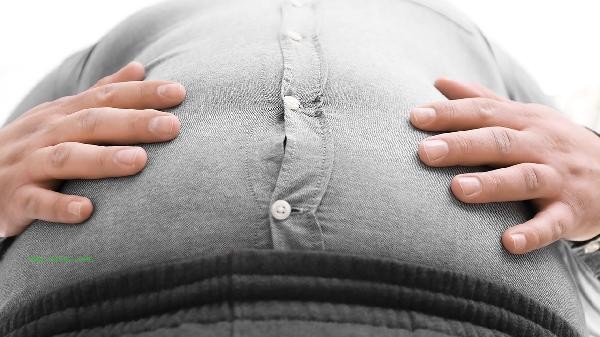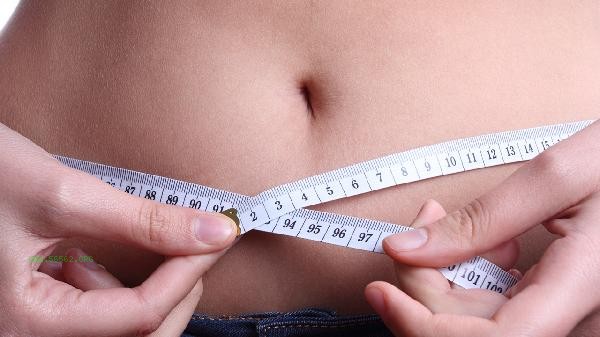Eating candy during weight loss may hinder the weight loss process and pose health risks, including increased blood sugar fluctuations, excessive calorie intake, nutritional imbalance, disordered appetite regulation, and impaired dental health.

1. Blood sugar fluctuations:
The refined sugars in candies can cause rapid increases in blood sugar, stimulating the secretion of large amounts of insulin. This sudden rise and fall in blood sugar levels can easily trigger hunger and encourage the intake of more high calorie foods. Long term repeated blood glucose fluctuations may also increase the risk of insulin resistance, laying hidden dangers for metabolic syndrome.
2. Calorie trap: Although a single candy may be small, 100 grams of hard candy can have up to 400 calories, equivalent to two bowls of rice. The daily calorie deficit of weight loss individuals is usually controlled at 300-500 calories, and consuming candy casually can easily offset exercise expenditure. Especially soft candy products often contain oil and fat, with a higher calorie density.
3. Nutritional deficiency:
Candy contains almost no essential nutrients such as protein and dietary fiber. Replacing or adding candy to meals can lead to insufficient intake of vitamin B and minerals, affecting the activity of fat metabolism enzymes. Although some sugar substitutes are low in calories, they may interfere with the balance of gut microbiota.

4. Appetite disorders:
Sweet stimulation activates the brain's reward system, enhancing the craving for high sugar foods. Research has found that after continuous consumption of sweet foods, people's sensitivity to the sweetness of natural foods decreases, which can easily form a vicious cycle of eating sweeter and sweeter, indirectly leading to an imbalance in dietary structure.
3. Dental caries risk: When sugar is retained in the oral cavity, it can become a culture medium for cariogenic bacteria. Frequent consumption of candy without timely cleaning during weight loss may lead to enamel demineralization. Although sugar alcohols used in sugar free candies do not produce acid, excessive intake may cause diarrhea.
It is recommended to choose natural sweet foods instead of processed candies, such as frozen blueberries, steamed pumpkins, and other low glycemic index ingredients. Daily intake of added sugar should be controlled below 25 grams, and rinse mouth promptly after consumption. For strong sweet cravings, one can choose zero calorie candies containing erythritol in moderation, but pay attention to observing gastrointestinal reactions. For those who rely on sweet stimulation for a long time, it is recommended to reshape their taste sensitivity through gradual sugar reduction, combined with regular exercise to burn excess calories. Special groups such as diabetes patients should strictly avoid taking sugar at will, and develop personalized programs under the guidance of nutritionists when necessary.





Comments (0)
Leave a Comment
No comments yet
Be the first to share your thoughts!